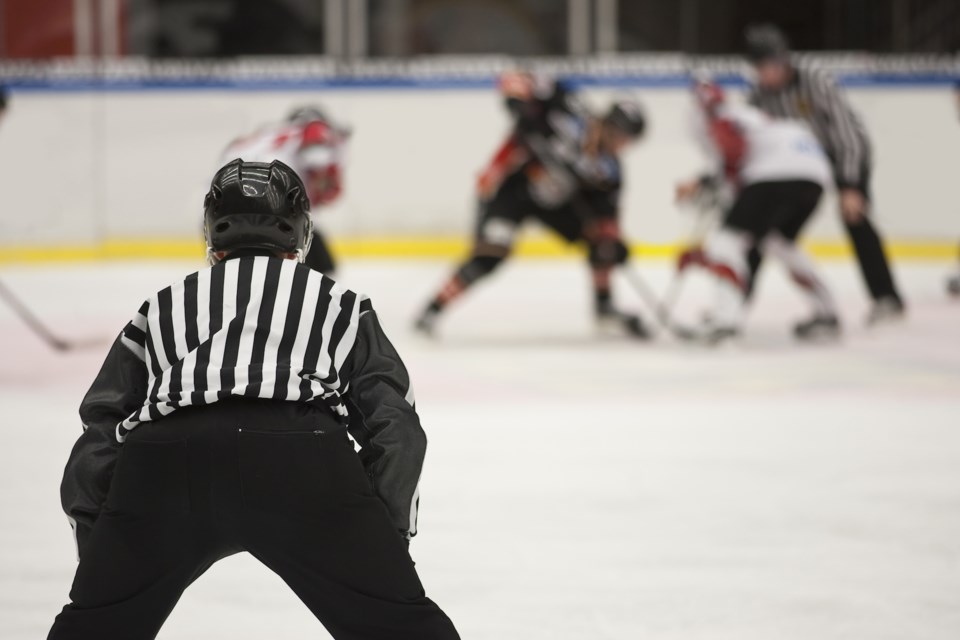Bryan Luke has spent years in local rinks taking in minor hockey practices and games.
He's seen the joy it brings people, while also hearing the criticisms of a sport that has its share of what he refers to as "politics."
One of the biggest concerns he hears is around restrictions players face on where they can play based on where they live.
For example, Luke said, if a player doesn't make a rep team in their city, they can't go to another centre to play without a release that can be difficult to obtain. It can sometimes lead to players playing several levels below their skill level, which isn't good for anyone, he believes.
It's what inspired him to develop his own program, the Grand River Raiders, as an alternative.
The Raiders begin play this season in the Ontario Rep Hockey League with age groups between U11 and U16.
Unlike the Cambridge Minor Hockey Association, the Raiders and the ORHL aren't sanctioned by Hockey Canada, the sport's largest national governing body.
Instead, it's a partner of the Amateur Athletic Union (AAU), a well known sanctioning sport insurance organization that's popular in the United States.
The key difference is there are no restrictions on what cities players can play in. The league also doesn't allow body checking, has a full ice Novice program and there are no games scheduled between Monday and Thursday.
"It doesn’t have boundaries," Luke said.
"Most of the frustration is with these restrictions. Players, depending on where they live, face limits on what level they can play. A lot of the players are frustrated."
With the Raiders program, which he serves as the Director of Hockey Operations for, Luke hopes to put developing young players first.
"One of the biggest things is we've built a strong development team," he said.
"We're getting a lot of kids that didn’t make the team they wanted to and they’re coming to us."
Hockey Canada recently updated its Non-Sanctioned League Policy in September of 2023.
It states that any player who participates in a non-sanctioned league after Sept. 30 is "ineligible to join, affiliate with or apply for reinstatement to any sanctioned hockey team that competes for a national championship for the remainder of the season."
The Ontario Hockey Federation, meanwhile, recently stated it will no longer require players to submit a reinstatement application, meaning players are automatically reinstated after the season.
Luke said that the option for players to be able to return to their minor hockey organization for the next season, if they choose, is important.
While some will make the switch permanently, others can look at it as a stepping stone as they try to make a team the following year.
"We don’t want to go against anybody," he said of the relationship with Cambridge Minor Hockey.
"Hopefully as kids develop, minor hockey teams want to put the best teams forward and if our kids are in the top of the pack, they give them a chance."
